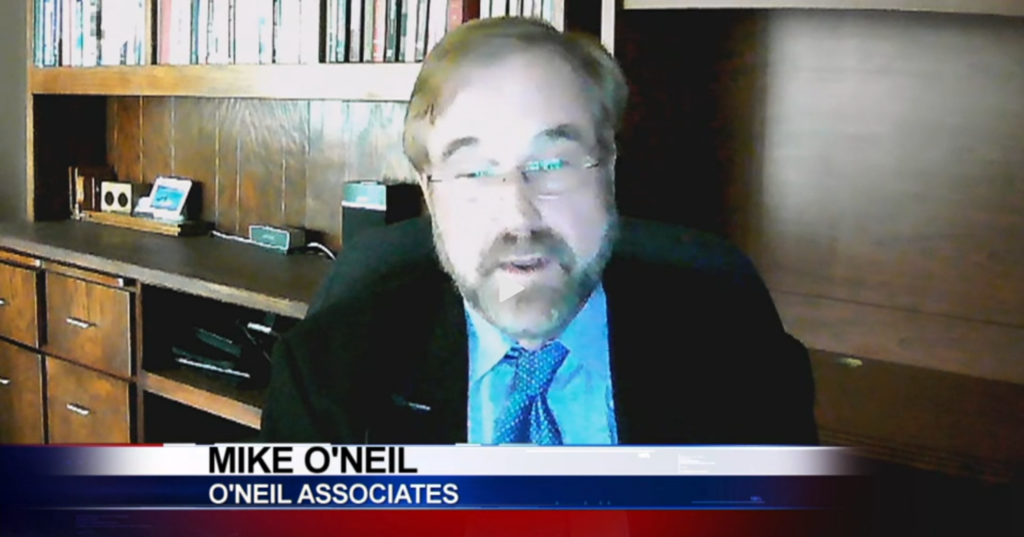Polling in the 2020s

Polls: To believe or not to believe? Polling’s history provides some clues:
Polling in the 2020s: There are some real problems out there. And the 100 year history of polling provides some really instructive clues about them. The video above presents a truncated version of the issue. For a more comprehensive discussion, click HERE.
Note: Notwithstanding these problems, running a campaign without polling is like driving blind. For a discussion of How campaigns use polling and other data Click HERE
With the elections approaching, I thought it would be worth an updated look at the status of the polls: Can we believe them? There are some reasons for real concern, but the answer is not a simple yes or no.
I am a classically-trained career pollster with both serious academic credentials and 40-plus years of practical experience running a survey research company.
My lesson: to understand the problems with 21st century polling, there are lessons from polling’s history that can be ignored only at great peril. Noteworthy are some of their worst misses over the last century whose lessons have continuing relevance.
So, in the course of answering this question, I will give a brief history of the roughly hundred-year history of polling:
- The Literary Digest, thought to be the gold standard, at least until they picked Alf Landon by a landslide over FDR (oops!)
- The 1948 “Dewey defeats Truman” headline. How did that happen? And why was the University of Michigan the only entity to get that election right? (And why all good polling ever since has used their core principles).
- The switch to phones in the 1960s, how pollsters got around the problem of unlisted numbers (that one was easy), cell phones (harder and more expensive, but doable still) and ever-increasing nonresponse (the real Achilles heel of the enterprise)
- Why you see more junk polls than good ones.
By the way, some assume that professional pollsters are the first to tout the infallibility of the polls. Nothing is further from the truth. Some of the most incisive critiques come from within the profession, usually argued by some of the very best practitioners.




